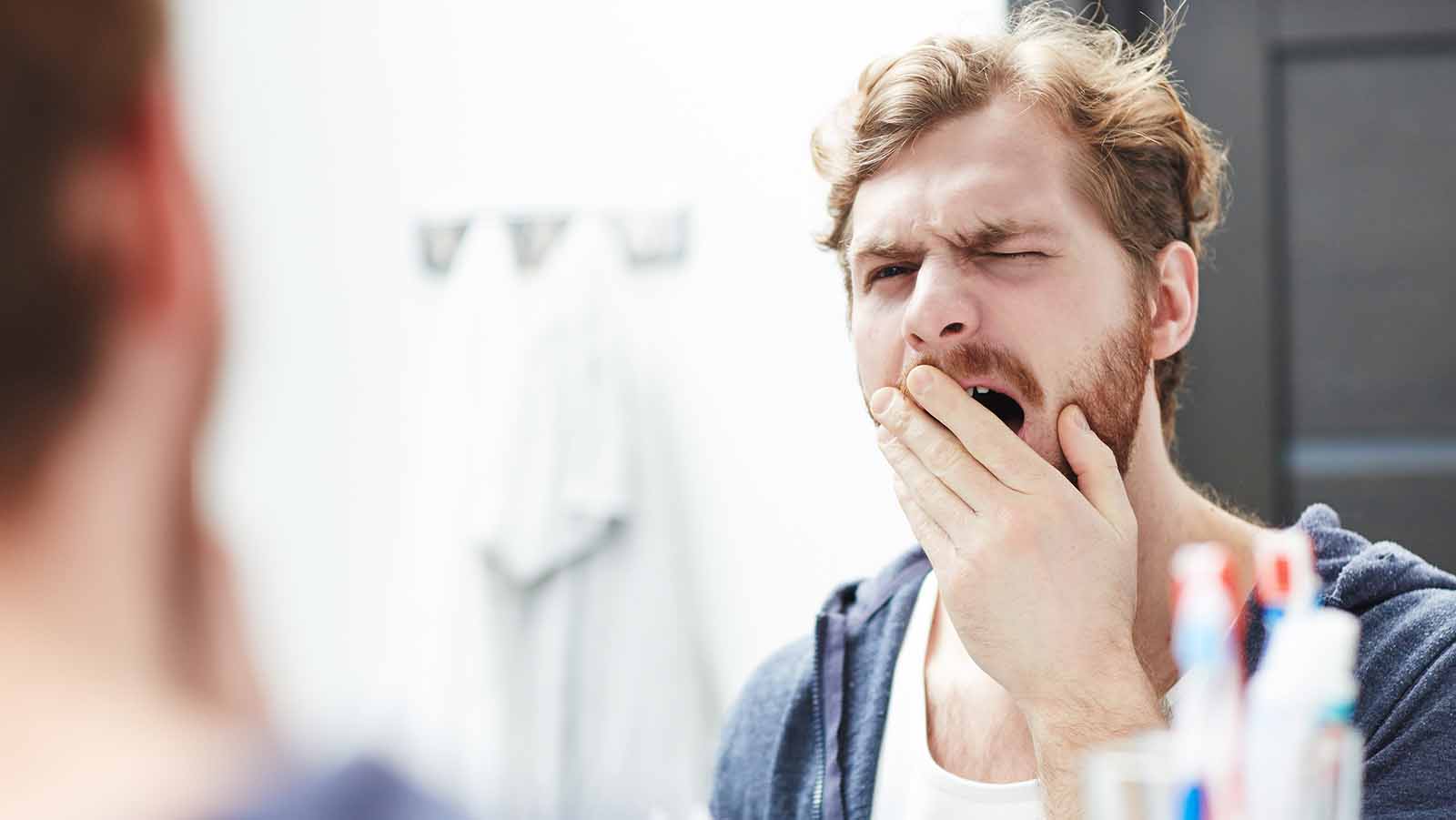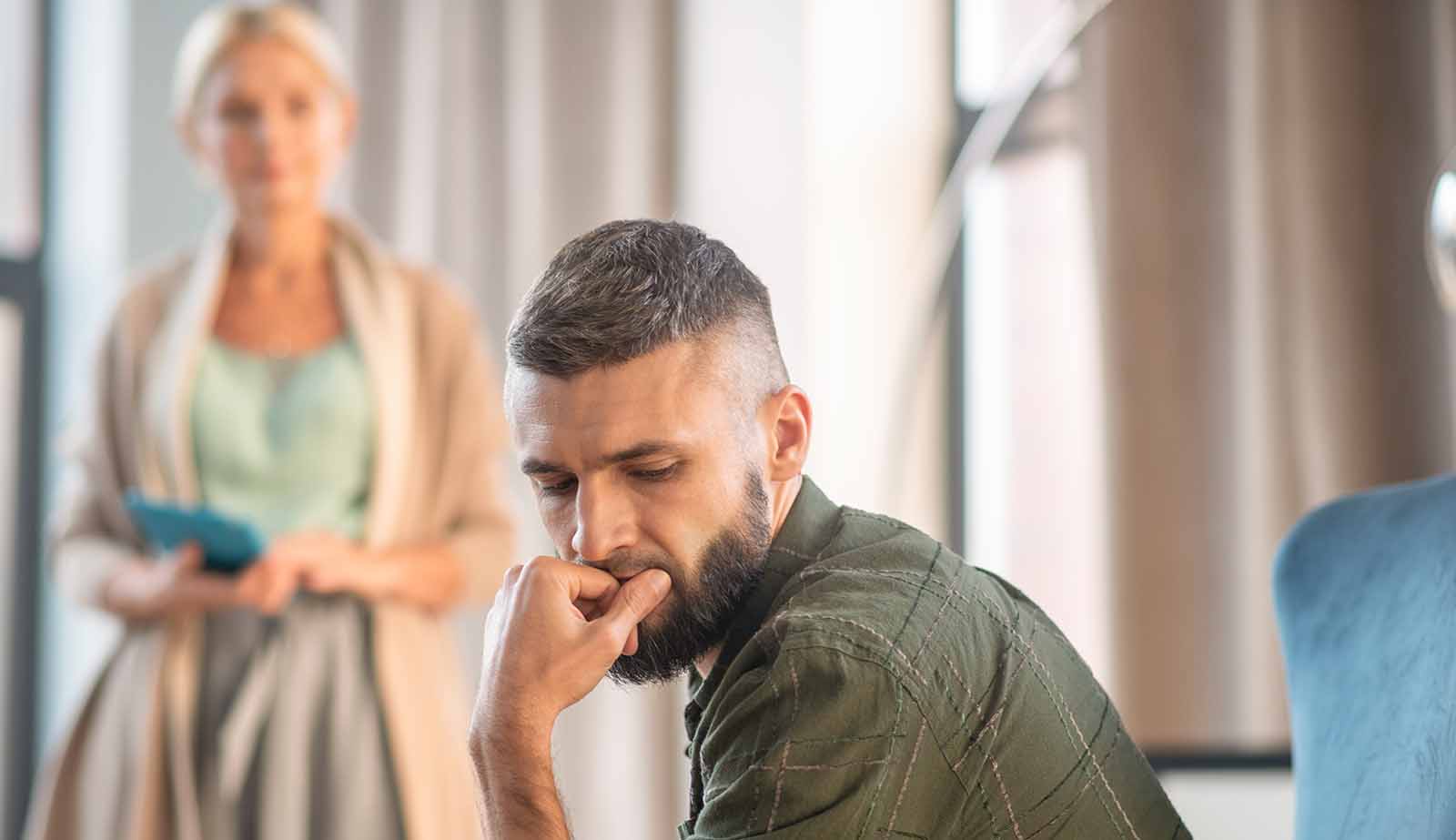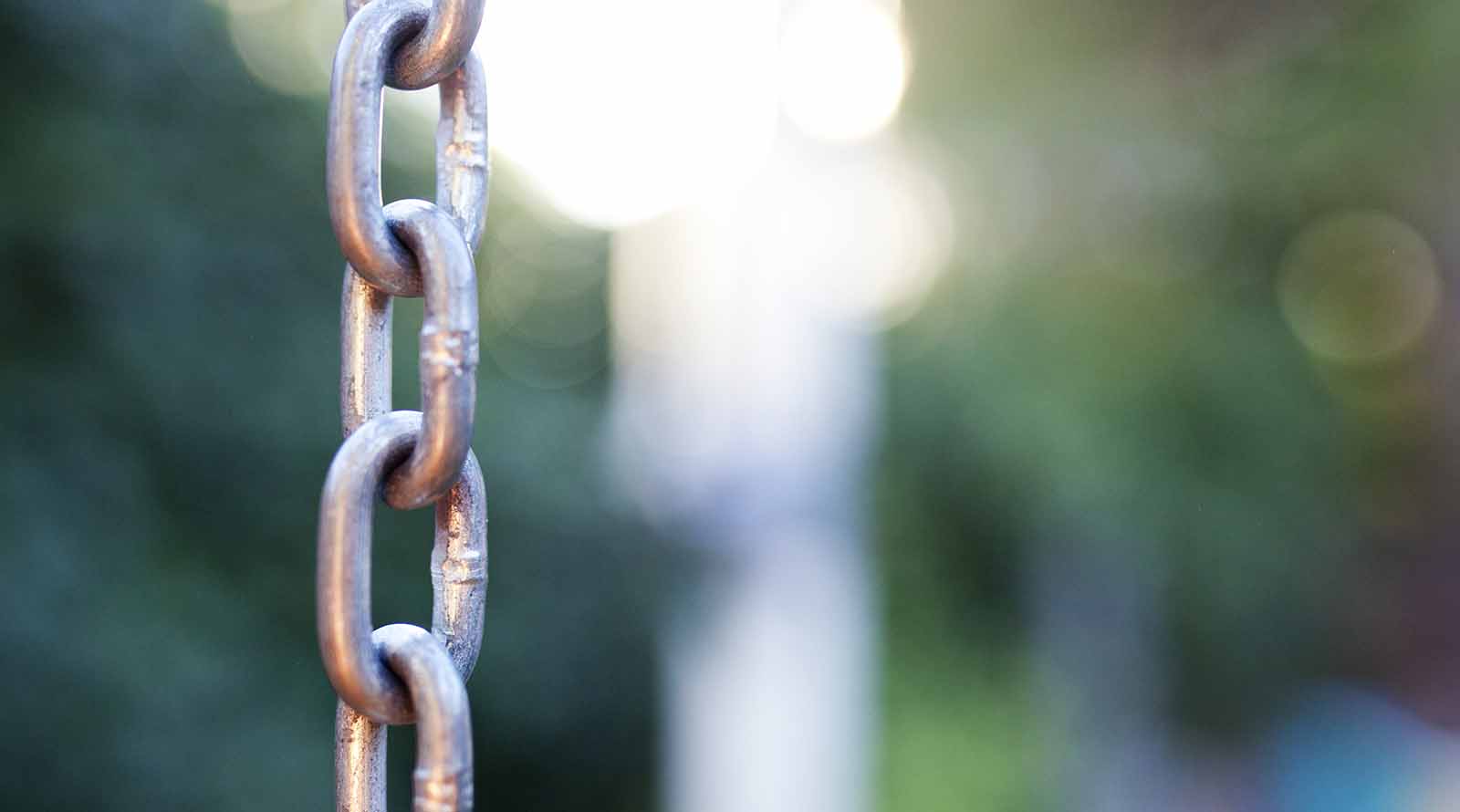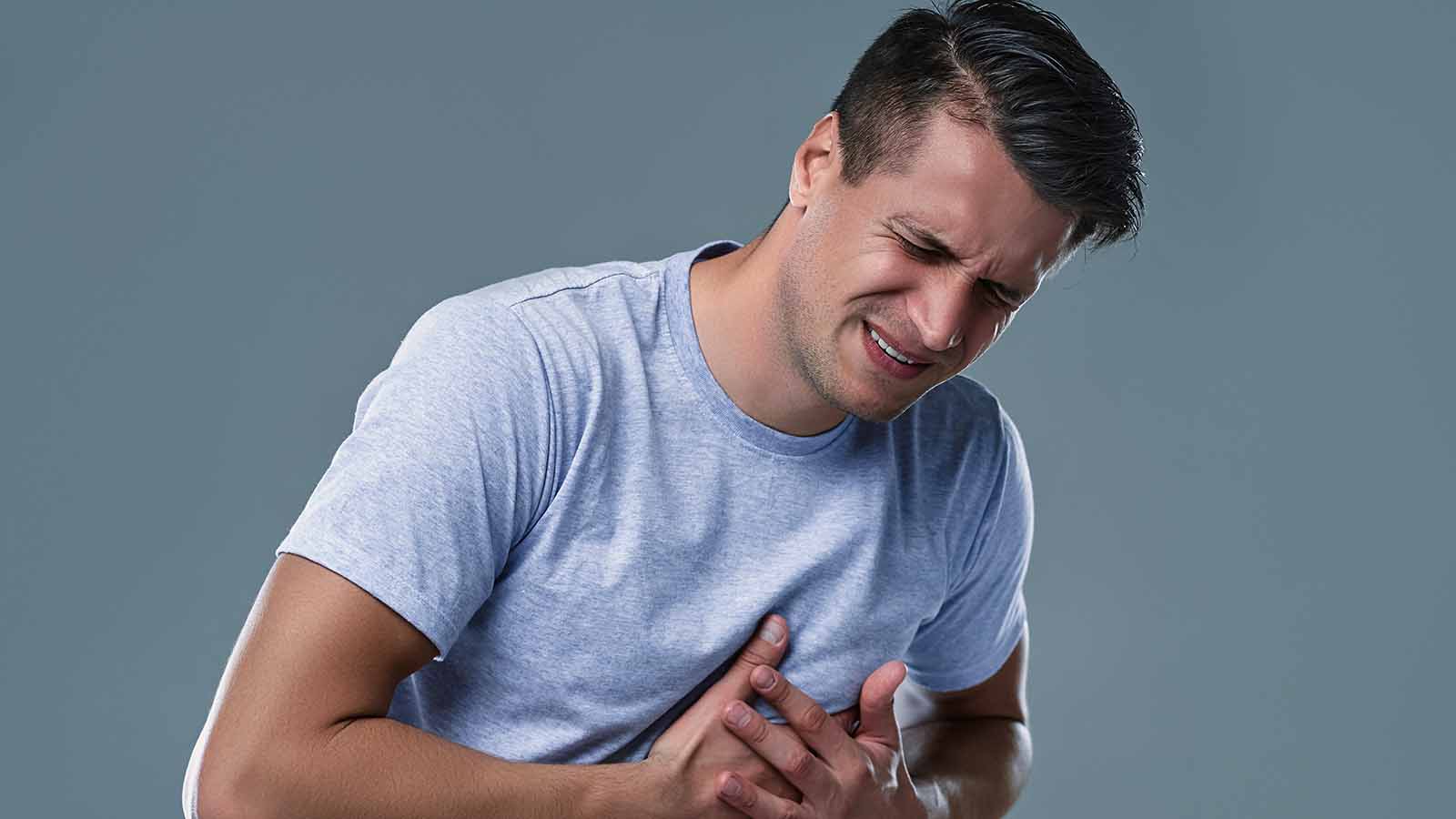Can you not start your day without a cup of coffee in the morning? Do you rely on coffee to get you through your work day? Do you have a headache if you go without drinking coffee? If so, you might have what is known as a caffeine addiction. While this illness may not be as fatal as other substance abuse disorders, caffeine addiction is a real thing with significant side effects.
Caffeine: What Is It?
Almost everyone over the age of ten has consumed caffeine at some point in their lives, if not frequently. Caffeine is a plant-derived stimulant found in certain foods (chocolate and kola nuts) and beverages (coffee, tea, and soda). It can also be an ingredient in common over-the-counter medicines like pain relievers, cold medications, & diet pills.
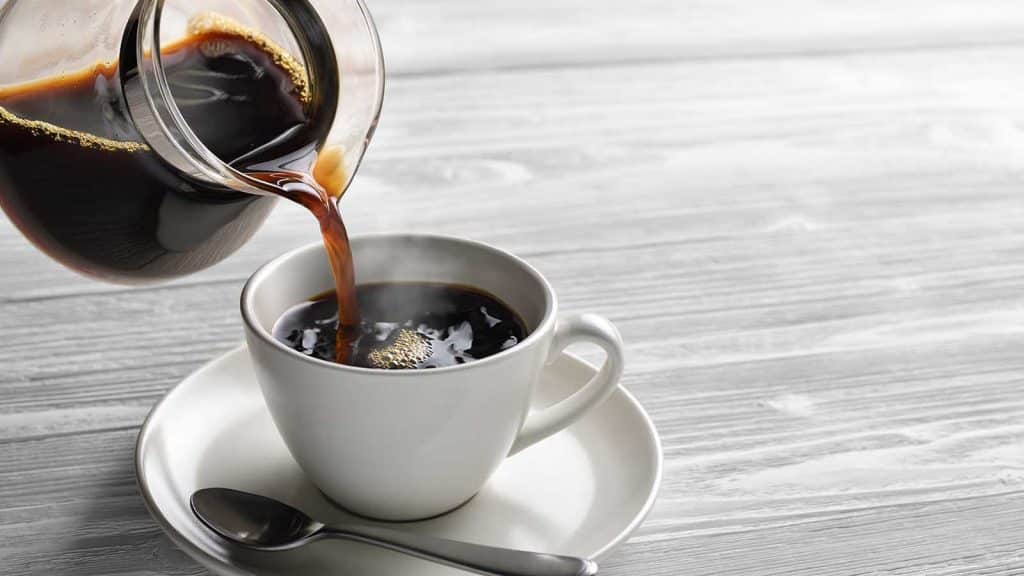
Caffeine is so popular because of its ability to increase energy and, in some cases, approve mood. Research has also shown that caffeine may have the ability to relieve headaches and reduce the risk of medical issues like a stroke, Alzheimer’s Disease, and Parkinson’s Disease.
Caffeine Abuse & Addiction
Caffeine addiction is defined as the excessive use of caffeine over an extended period of time. Individuals who are addicted to caffeine may consume amounts that are harmful to their mental, physical, and emotional health. They may also have difficulty coping with life’s issues without drinking caffeine.
Caffeine addiction usually overlaps with work addiction because of how people may use the stimulating substances of coffee to stay awake longer or perform better on projects. Ironically, caffeine addiction can begin to cause more problems than drinking coffee can fix. Eventually, caffeine addiction can cause problems with work, school, and social relationships.
While caffeine addiction is not a formally recognized condition in the Diagnostic and Statistical Manual of Mental Disorders (DSM-5), which diagnoses and lists mental health issues, other related conditions are listed. The manual does mention, for example, caffeine intoxication, caffeine-induced sleep, caffeine-induced anxiety disorder, and caffeine withdrawal.
Caffeine addiction becomes especially problematic when someone continues to consume coffee, soda, or tea after acknowledging that it has affected their life in a negative way.
Is Caffeine Addiction Dangerous?
Caffeine can be dangerous if someone consumes high volumes of it. If someone abuses caffeine, they may begin to experience uncomfortable side effects. Negative side effects of caffeine addiction include dizziness, headache, shakiness, nervousness, increased blood pressure, and racing heart or change in heart’s rhythm. Someone who is addicted to caffeine may also experience depression, anxiety, and lack of energy.
In most cases, people who are addicted to caffeine will experience withdrawal if they stop drinking coffee or don’t consume it for a few hours. In fact, the main reason that people don’t address their caffeine addiction is because they don’t want to face withdrawal symptoms. Even though caffeine withdrawal symptoms can be uncomfortable, they are not as dangerous as what someone would go through if they didn’t address their addiction.
The symptoms of caffeine withdrawal are essentially the opposite of the side effects of the substance. Caffeine withdrawal may lead to:
- Mild to severe headaches
- Feeling tired or sleepy
- Slower reaction times
- Decreased alertness
- Worsened memory
- Irritability
- Depressed mood
- Difficulty concentrating
- Nausea
- Mood changes
Treating & Preventing Caffeine Abuse
If you think that you might be addicted to coffee, the best way to stop or prevent it is to control your caffeine intake. Try to give yourself a daily limit and pay attention to how you feel after drinking caffeine. Avoid consuming caffeine within six hours of going to bed. If you’re having trouble controlling your intake, try decaf products or beverages with lower caffeine levels.
If you experience negative side effects after consuming caffeine, you may be at risk for a caffeine addiction. Talk to your doctor if you experience any of the above side effects after drinking coffee or soda or eating chocolate.
To learn more about caffeine addiction and its possible side effects, contact our team of substance abuse treatment professionals by calling 267.719.8689 .
